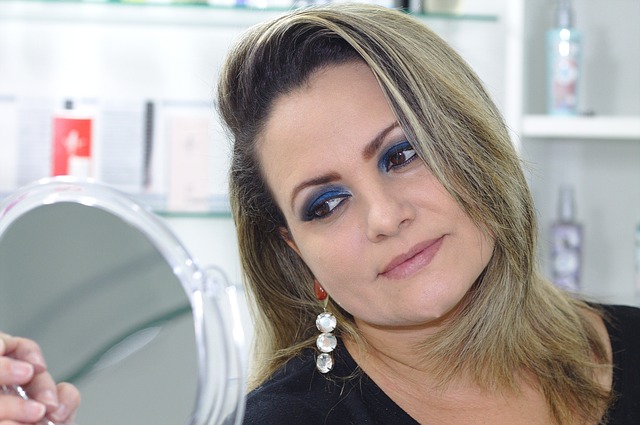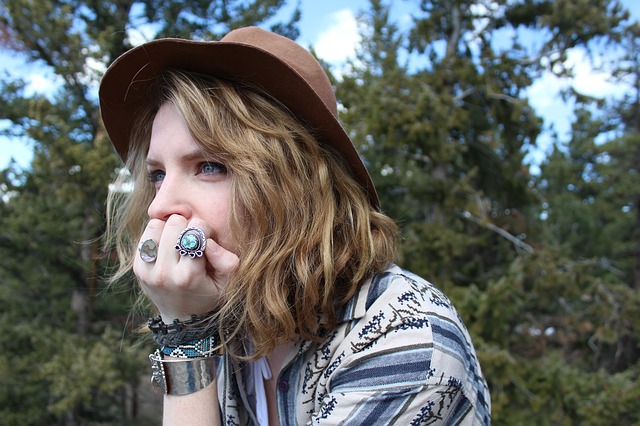Everything that has happened up until this instant is the past. The past is a cornucopia of events, decisions, and experiences that roll up together and form memories…
If you’re lucky, you have more good memories than bad ones but sometimes those same memories wrap around you so tightly that you can’t seem to squeeze anything else into your brain. They throw up a barrier so that nothing new dares to enter and they hold you hostage.
Memories can warm you up from the inside but they also tear you down. But thinking affectionately about the past isn’t always a bad thing. Sometimes you need those warm memories as a safe harbor because it’s familiar. It feels good. But, there has to be a clear-cut distinction between thinking about the past and continually dwelling there.
Dwelling Vs. Reflecting on the Past
There’s no time machine so you can’t go back. You’ll never be able to replicate past events no matter how much you dwell on that. If you continue to live in the past, it steals from you.
The past deprives you of the opportunity to live something that’s better. It robs you of the opportunity to enjoy the present.
But, there is one thing to do with the past — reflect about it.
Educational reformer John Dewey said, “We do not learn from experience … we learn from reflecting on experience.” A paper published in 2014 by Harvard Business Review, showed that Dewey’s thoughts were correct. The research showed that learning from direct experience can be more effective if coupled with reflection — that is, the intentional attempt to synthesize, abstract, and articulate the key lessons taught by experience. The study revealed reflection to be a powerful instrument behind learning.
How Does Reflection Help?
Reflection is the practice that we deliberately undertake to gain understanding and to add insight into our current life conditions. It’s is a process that begins with looking back on a situation, pondering it, learning from it and then using the new revelations to help you in future similar situations.
Reflection can prevent us from living in a cycle of repetition of harmful events because it equals learning through experience, or what we also call life lessons.
If we reflect appropriately, it challenges our most predictable cycles of behavior because it provides us with awareness and insight. Knowing when to make critical adjustments when something is not working is crucial if we haven’t quite accomplished what we’ve been trying to accomplish.
If we can figure out what went wrong, we can stop making the same mistakes that prevent us from moving forward.
How Do You Start?
By asking the right questions.
Questions are powerful tools because they invoke great insights and discoveries. Questions reveal the most relevant — and sometimes unimagined — information you need.
Here are some questions to consider to help jumpstart your reflection process. Answer them with brutal honesty if you want to critically evaluate your behavior so you can break the cycle of bad decisions.
- Think about the past year. If you had to sum it up in a few sentences, what would that be?
- How do the sentences you wrote in # 1 above make you feel?
- What experiences and successes did you have last year that you would most like to repeat this next year? Why?
- In what areas did you falter most often? Why do you think this happened? What actions have you put in place to prevent that from happening again?
- Where have you seen an improvement in your life and career in the past year?
- What people have you surrounded yourself with to help you achieve your goals?
- In what ways are you better off emotionally, physically, and financially in the past year? Or, are you better off emotionally, physically, and financially?
- Do you have people that push you to soar or sink?
- What keeps you up at night worrying? What do you fear most?
- What is most important to you in your life and why?
- What’s going really well for you at the moment?
- What isn’t working well at the moment?
- What have you done so far to improve the things that aren’t working?
- What excuse(s) do you always use for not achieving your desires?
- What is the biggest obstacle that you are facing?
- In what ways did you experience the personal growth that you wanted to achieve this past year?
- How are you taking care of yourself physically?
- What things do you continue to hold onto when you should really let them go?
- What new things (good and bad) did you discover about yourself this past year?
- How do you most frequently sabotage yourself?
- What do you deserve a pat on the back for doing / achieving?
- What do you think about more than anything else?
- What worries did you have that were completely unfounded?
- What three pieces of advice would you give yourself for the next year?
Now What?
Now that you’ve reflected, what will you do with it? How will you learn from it? You use it as a starting point to help you meet your goals in the future. After reflecting on the above questions, write down the top three lessons you’ve learned so far. Now comprehend those lessons.
How will use that knowledge to change what is not going well in your life? How will you use those lessons as your guiding principles for the next year?
Reflection helps us learn more about ourselves so that we go on to make better choices – but make sure you’re honest with yourself or it won’t be effective.
To receive similar content, “Like” us on Facebook @ https://www.facebook.com/niagarabuzz.ca











